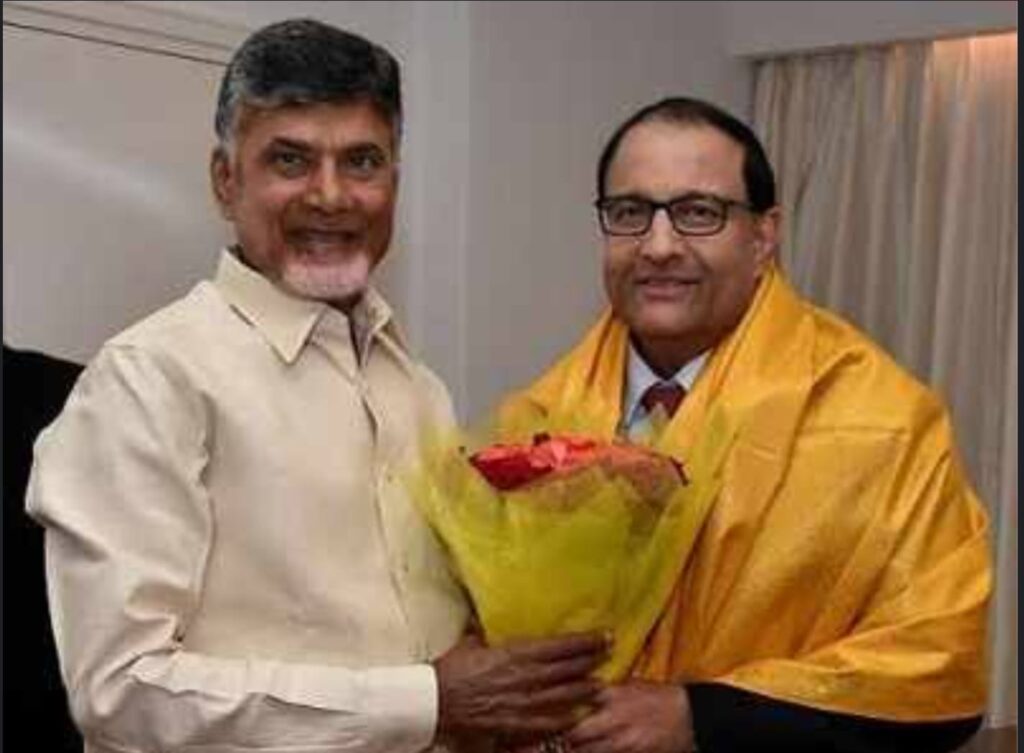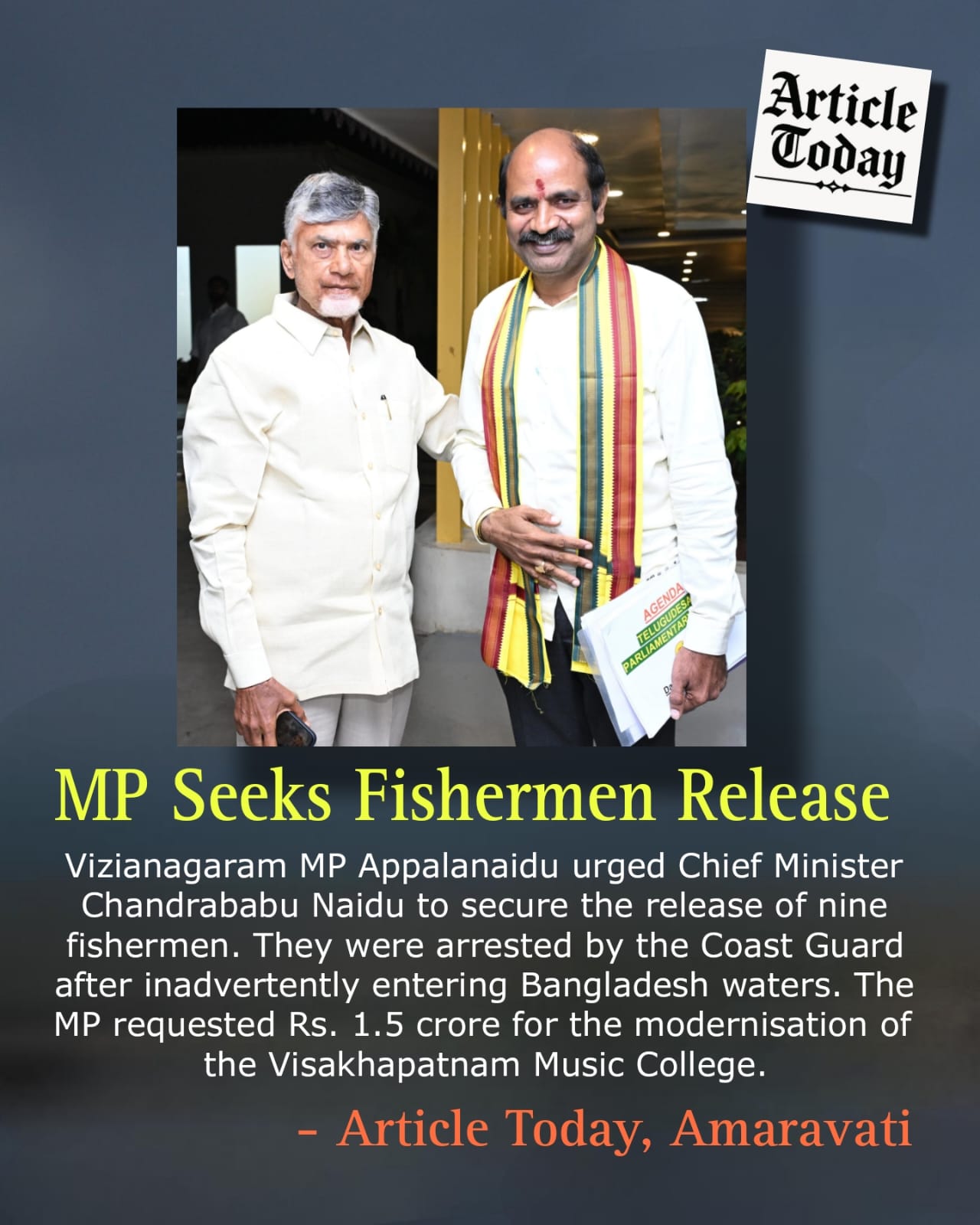Article Today, Amaravati: Andhra Pradesh Chief Minister N. Chandrababu Naidu is set to embark on a six-day visit to Singapore starting 26th July. The official delegation includes ministers Nara Lokesh, P. Narayana, T.G. Bharat, and five senior IAS officers. The visit, aimed at attracting investments to the state, has triggered fresh political scrutiny over past agreements made with Singapore during Naidu’s previous tenure.
Meetings with Global Firms on the Cards
According to officials, Naidu will hold meetings with top executives of major firms, industry leaders, and business heads in Singapore. The government plans to showcase Andhra Pradesh’s new industrial and trade policies. Naidu is expected to promote the state’s strategic advantages such as port infrastructure, improved connectivity, skilled manpower, and vast coastal belt. The focus will be on investment in port-led projects, semiconductors, artificial intelligence, and data centers.
Skepticism Over Results of Past Visits
While the state government is hopeful about new investment ties, critics point out the lack of tangible results from similar foreign tours in the past. During Naidu’s earlier tenure (2014–2019), high-profile meetings and MoUs often failed to yield real progress on the ground. This backdrop has led to renewed skepticism about the effectiveness of the current visit.
Amaravati Plan: A Flashback of Controversy
One of the key episodes in Naidu’s earlier collaboration with Singapore was the Amaravati Capital Region project. After taking charge as CM in 2014, Naidu signed multiple agreements with Singapore entities for building the new capital. Notably, a tripartite agreement was signed on May 2, 2017, with Ascendas-Singbridge and Sembcorp under the banner of a Singapore consortium. The deal granted 58% ownership to the consortium, despite investing just ₹306.4 crore, while the state retained only 42%.
Public Criticism Over Power of Attorney Clause
The agreement also included a controversial clause where the consortium demanded full power of attorney, limiting the state’s ability to alter terms or intervene in operations. The government, through GO 168, conceded to this clause. The move sparked sharp criticism from opposition parties and civil society groups. Eventually, the YSR Congress government cancelled the deal in November 2019, shortly after coming to power.

A Partner Tainted by Corruption
Adding to the controversy is the involvement of Singapore’s former minister S. Iswaran, who had signed the Amaravati deal on behalf of his country. In July 2023, Iswaran was arrested and later jailed for corruption in a Formula One racing contract during his tenure as Singapore’s Transport Minister. His conviction has reignited concerns about the transparency and legality of the earlier agreements made under his leadership.
Shadow of the Past Looms Large
As Naidu prepares for another attempt to woo foreign investors, the memories of past controversies remain fresh. Political observers note that without accountability for earlier failures, new promises may fail to inspire confidence. The government faces the dual challenge of reviving investor interest while addressing public skepticism rooted in history.



